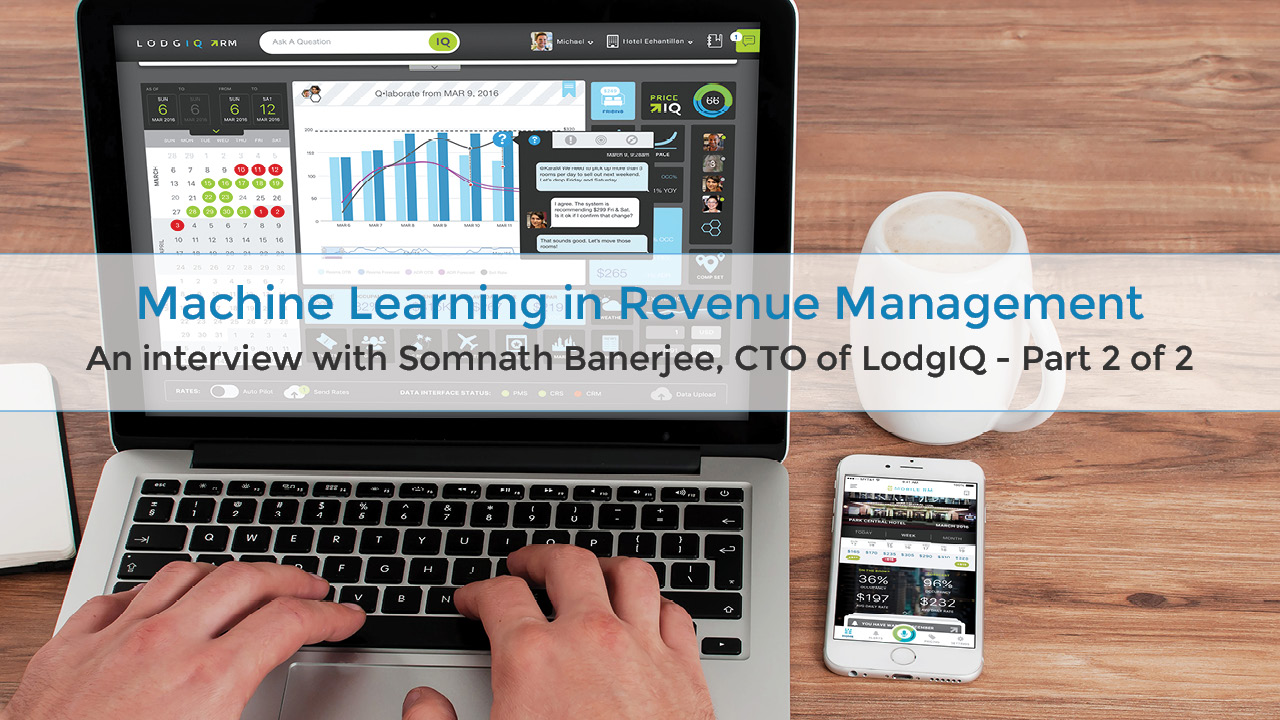Welcome back to part 2 of our Machine Learning in Revenue Management podcast. In this interview, Somnath Banerjee, CTO of LodgIQ, reveals the many applications of machine learning that are already in use all around us, even in places we may not expect.
You can revisit part one here.
Got a question about machine learning? Ask it below and your question could be featured on our blog.
Here is a summary of Machine Learning in Revenue Management Part 2
Machine learning is all around us
We see machine learning in many aspects of every day life, but it isn’t always apparent. One example that we mentioned in part 1, chat bots. Chat bots are being used heavily as automated customer service agents. Often times, humans are unable to perceive they are even conversing with a machine. Plus, the answers they seek can be returned quickly and with surprising accuracy. Another example, autonomous vehicles (AV), are possible because of advancements in machine learning. Google and Uber have been testing autonomous vehicles and within the next few years we expect to see more AVs sharing the road with us.
A simple explanation of machine learning styles
There are three main categories of machine learning: supervised, unsupervised, and reinforcement learning.
Supervised learning shows a computer data and outcomes to serve as a guide. From there, the computer generates a model that it will use on new, incoming data to reach similar outcomes. Two subclasses of supervised learning that are important to note: regression, in which the output variable takes continuous values, and classification, in which the output variable takes class labels.
Unsupervised learning shows a computer data without specifying the outcome. Data is clustered automatically into useful categories from which a variety of assumptions could be made. This method is frequently utilized by marketers in ad targeting.
Reinforcement learning shows a computer unlabeled data. The computer is given positive and negative reinforcement as a means of training to improve learning over time.
The benefit to revenue management
Historically, the hospitality industry has used very conventional pricing methods based on historical data. Machine learning considers historical data along with new, disparate data sets, like events, weather, flights, consumer sentiment, etc resulting in highly-customized room rates. The concept of truly personalized room pricing in real time is finally possible. That is what we are doing here at LodgIQ.





